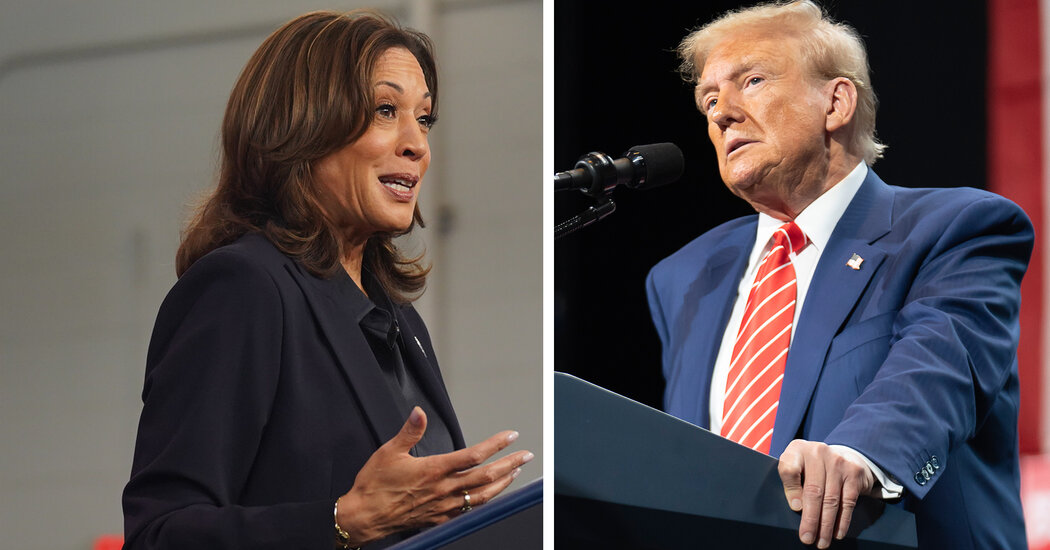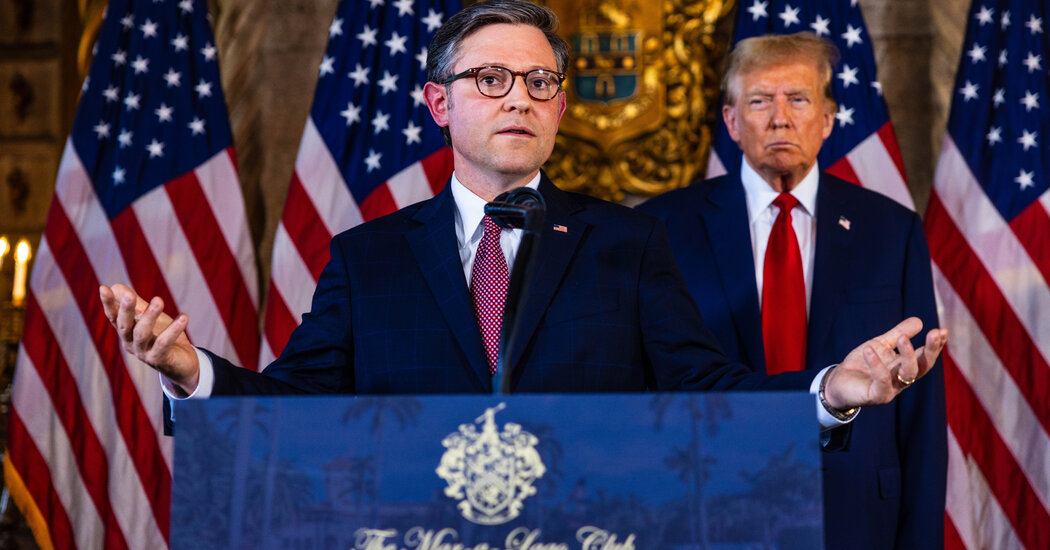Title: Steady as She Goes: Kamala Harris’s Approach to U.S. Space Policy
In the vast expanse of space exploration, the Biden administration, under the leadership of Vice President Kamala Harris, has charted a course that resembles the steady hand of Captain Kirk rather than the bold leaps of a space-faring hero. Appointed to lead the National Space Council, Harris has focused on maintaining continuity in U.S. space policy, emphasizing international collaboration and practical applications of space technology, while largely upholding the framework established during the Trump administration.
Historically, vice presidents have often found their influence limited, but Harris’s role is a notable exception. The National Space Council, a body that coordinates space policy across the federal government, has been a platform for her to shape America’s approach to the cosmos. Despite the political polarization that has gripped much of American life, space exploration remains a rare area of bipartisan support, with NASA continuing to enjoy public approval across party lines.
Under Harris’s stewardship, the U.S. has not veered from the ambitious goals set by her predecessor. NASA is still on track to return astronauts to the moon, and the Space Force has solidified its place as a military branch. SpaceX, despite its CEO Elon Musk’s controversial political stances, remains a dominant force in governmental spaceflight. This continuity is significant; only three presidents in the last half-century—George H.W. Bush, Donald Trump, and Joe Biden—have deemed space issues important enough to warrant a dedicated White House council.
While Harris has not introduced sweeping changes, she has infused her leadership with a focus on international diplomacy and the practical benefits of space technology for life on Earth. Some industry insiders have praised her efforts, but others remain skeptical. Todd Harrison, a senior fellow at the American Enterprise Institute, described her leadership as "neutral to slightly negative," suggesting that the council has taken a more subdued approach compared to the high-profile meetings and directives of the Trump era.
In contrast to Mike Pence’s vigorous leadership of the council, which included multiple public meetings and ambitious policy directives, Harris’s tenure has been characterized by a more low-key style, with just one public meeting per year and no new directives issued. However, this doesn’t necessarily indicate a lack of progress. Harrison noted that the Biden administration chose to maintain many of the previous administration’s policies because they were "objectively smart things to do."
The stability in U.S. space policy is crucial, especially given the historical tendency for new administrations to overhaul NASA’s priorities, often leading to wasted resources and program cancellations. Jamie Morin, executive director of the Center for Space Policy and Strategy, emphasized that the broad contours of space policy have remained consistent, which is a positive sign for the future of American space exploration.
Harris has also championed diplomatic initiatives, such as a 2022 pledge to prevent the testing of antisatellite weapons, a move that garnered support from over 30 nations. Additionally, the Artemis Accords, which outline the U.S. interpretation of the Outer Space Treaty, have seen a significant increase in signatories under her leadership, growing from nine to 47 countries.
In her push to promote STEM education, Harris launched the Space4All campaign, aimed at raising public awareness about the benefits of space technology and encouraging students to pursue careers in aerospace. This initiative reflects her commitment to fostering a new generation of space professionals.
Looking ahead, the future of U.S. space policy remains uncertain, particularly as the next presidential election approaches. Experts suggest that space may not be a top priority for Harris on the campaign trail, and the next president will likely need to reassess NASA’s plans for lunar exploration, especially as timelines slip and competition from nations like China intensifies.
As former President Trump hints at ambitious goals for Mars exploration, the landscape of U.S. space policy could shift dramatically. The next administration may decide to retain the National Space Council or dissolve it, depending on how they view the complexities of space issues.
In the end, whether the U.S. continues on its current trajectory or embarks on a new path in space exploration, one thing is clear: the leadership of the National Space Council will play a pivotal role in shaping America’s future among the stars. As we look to the cosmos, the steady hand of Vice President Kamala Harris may just be what we need to navigate the challenges ahead.



